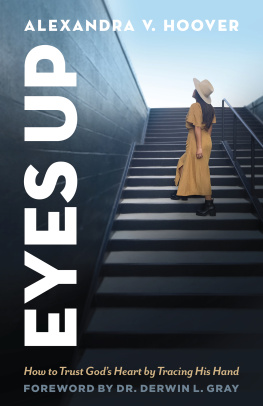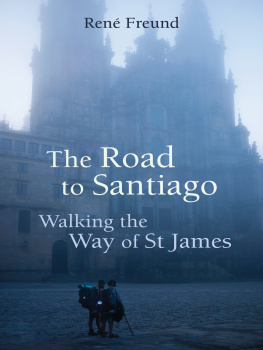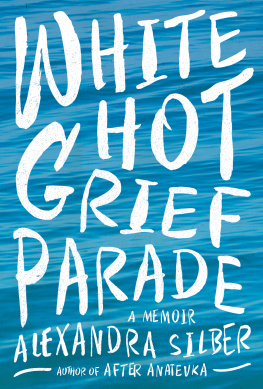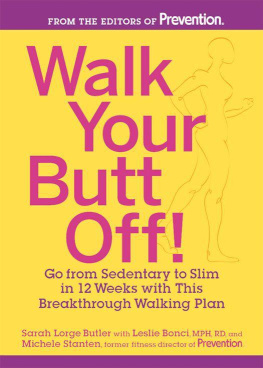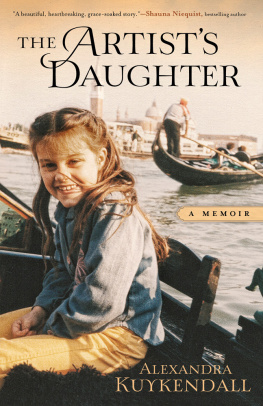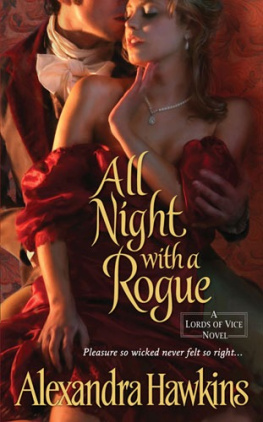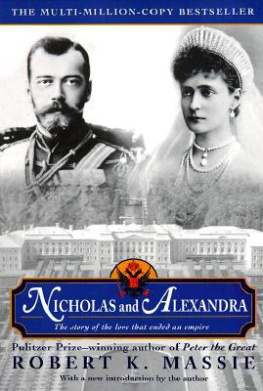Walking the Night Road
Walking the Night Road
Coming of Age in Grief
ALEXANDRA BUTLER
Columbia University Press
New York

Columbia University Press
Publishers Since 1893
New York Chichester, West Sussex
cup.columbia.edu
Copyright 2015 Alexandra Butler
All rights reserved
A translation of C. P. Cavafys poem The God Abandons Antony is reprinted here by permission of Princeton University Press from C. P. Cavafy: Collected Poems, edited by George Savidis, translated by Edmund Keeley and Philip Sherrard (Princeton, N.J.: Princeton University Press, 1992).
Library of Congress Cataloging-in-Publication Data
Butler, Alexandra.
Walking the night road : coming of age in grief / Alexandra Butler.
pages cm
ISBN 978-0-231-16752-9 (cloth : acid-free paper)ISBN 978-0-231-16753-6 (paperback : acid-free paper)ISBN 978-0-231-53679-0 (e-book)
1. Butler, AlexandraFamily. 2. Lewis, Myrna I.Health. 3. Glioblastoma multiformePatientsFamily relationships. 4. Glioblastoma multiformePatientsUnited StatesBiography. 5. Mothers and daughtersUnited States. 6. Butler, Robert N., 19272010. 7. Women caregiversUnited StatesBiography. 8. CaregiversPsychologyCase studies. 9. Terminal carePsychological aspectsCase studies. 10. GriefCase studies. I. Title.
RC280.B7B88 2015
362.196994810092dc23
2014045641
A Columbia University Press E-book.
CUP would be pleased to hear about your reading experience with this e-book at .
Cover design: Jordan Wannemacher
Cover image: Ketuta Alexi-Meskhishvili
References to Web sites (URLs) were accurate at the time of writing. Neither the author nor Columbia University Press is responsible for URLs that may have expired or changed since the manuscript was prepared.
For Robin and Kon
When suddenly, at midnight, you hear
an invisible procession going by
with exquisite music, voices,
dont mourn your luck thats failing now,
work gone wrong, your plans
all proving deceptivedont mourn them uselessly.
As one long prepared, and graced with courage,
say goodbye to her, the Alexandria that is leaving.
Above all, dont fool yourself, dont say
it was a dream, your ears deceived you:
dont degrade yourself with empty hopes like these.
As one long prepared, and graced with courage,
as is right for you who proved worthy of this kind of city,
go firmly to the window
and listen with deep emotion, but not
with the whining, the pleas of a coward;
listenyour final delectationto the voices,
to the exquisite music of that strange procession,
and say goodbye to her, to the Alexandria you are losing.
C. P. Cavafy, The God Abandons Antony
Contents
Acknowledgments
I WANT TO THANK MY GUARDIAN ANGEL JUDITH Estrine, the first person after my father to read the manuscript of this book, and Helen Rehr, who is the reason it is published. Jennifer Perillo of Columbia University Press is a fantastic editor and a joy to work with, and Stephen Wesley, Meredith Howard, Kathryn Jorge, Anne McCoy, and Jordan Wannemacher all helped make transforming my manuscript into a book possible.
Dan Blank, Lynne Griffin, Anna Goldstein, Anne Burack-Weiss, Andrew Achenbaum, Tracy Brown, Jeanette Takamura, Ursula Staudinger, Helen Rehr, Thomasena Wilson, Morriseen Barrimore, Diane Meier, Barbara Paris, Andrea Longacre-White, Brendan Fowler, Janelle Cori, Beverly Torres, Caitlin Rider, Lina Mati, Anicka Yi, Ketuta Alexi-Meskhishvili, Lisa Farjam, Mirabelle Marden, Sahra Motalebi, Tina Tyrell, Cristina Bloom, Vicky Usle, Emily Straight, Caitlin Wall, Eli Robinson, Isabel Penzlien, Alec Coiro, Daniel Holzman, Karyn Starr, Will Reiser, Alex Maynard, David Maynard, Dori Maynard, Marc Clopton, Joan Retallack, Vicki Levy, Alexandra Sacks, Anna Kelly, Marina Auerbach, Michael Trubkovich, Lev Trubkovich, Maya Levin, and Katie Rudik all deserve my gratitude, as do my big, beautiful Minnesota family and the intrepid Anne Carlson.
I also want to thank Myrna Lewis, Robert Butler, Easter Schattner, Liz Hill, and Emil Eickhoff for nothing less than a wonderful childhood. My sister Carole Hall, my brothers-in-law Rick Guest, Jim Gleason, and Boots Hall, and my six nephews and niecesB. J. Hall, Bobby Hall, Chooch Guest, Charlie Guest, Lauren Gleason, and Brendan Gleasonare all my best friends each in their own way. Marine Metreveli, with all her love and beauty, is a ballast of my life.
To two great authors and editorswho also happen to be my aunt and uncleDiane Eickhoff and Aaron Barnhardt: thank you for your input, your support, and your dedication to this book and to this writer.
Cynthia and Christine Butleryou are more than sisters, sometimes mothers, sometimes friends. Sometimes I drive you crazy. (Its mutual.) Our relationship is hard to define but, as Cindy once said, the greatest part of it is love.
Finally, I want to thank my husband Kon Trubkovich, who showed me the toil and guts it takes to be an artist and who is the perfect mix of safety and adventure. And lastly to Robin Trubkovich, my gentle, focused, and kind one-year-old so intent on climbing stairs: You never seem to question you will reach the top. You are laughing all the way. Keep going, my love.
Walking the Night Road
YOU CAME INTO THE KITCHEN THAT NIGHT with only a T-shirt and no underwear. I was sitting with a friend in the living room as you went by. I could hear you breathing. You went foraging in the pantry. You knocked the cans and other objects off the shelf. You found a cereal box, pulled it out, and held it wrong side down, leaving a trail as you walked from the kitchen.
In the hallway you saw us. You saw my friend, and in your T-shirt and no underwear, you didnt stammer or apologize. There was no pause. But I remember your eyes as you passed.
I think about you at the doorway where you stood. I think about you in the dark house. I cross the house at night. I hear the floorboards creak and shift and recognize the weight of your footsteps in mine. I swim downdown in search of surface while the people come and go.
In daylight I make my way from the bed to sink, to street, to train, and back to bed again. And each day happens. I pass the places in the house where you fell. There is the bloodstain on your bedroom floor that only I can see. I know how to lean way down and find it crusting on the dark wood.
In the May that I was twenty-four, I had a presentiment of something coming for me. I had felt it all the year before. My mother and father went to England in May, for several weeks, and I stayed alone in their apartment.
I was one year out of Hampshire College, working at a place called Shadow Studios in Chelsea. I had studied film and video at school and rented the equipment for my final thesis there. One day I started chatting with the owner and he offered me a job at the front desk. I spent a year there, taking freelance jobs on TV shows and films that came through the studio.
Each day I rode my bike to work and back again, then out for the night, pedaling home in early morning, Uptown, along the Hudson. Sometimes I would sit and bring up the sun at the waters edge of West Fifty-fourth Street where weeping willows hang over reeds and water rocks. I fell asleep there once with my bike propped up and unchained, exhausted from the drunken peddling.
I felt more invincible, more at ease that summer than at any other time in my life. I somehow felt aware that it was a carefree time and soon it would be ending. Maybe that is a normal state of mind when a person is fresh out of college. And maybe it is normal for someone who has parents who are older. My mother had me when she was forty-two. I was her first child and the fifth child of my father, who was nearly fifty-three when I was born. Now she was sixty-five and he, seventy-six.
Next page


